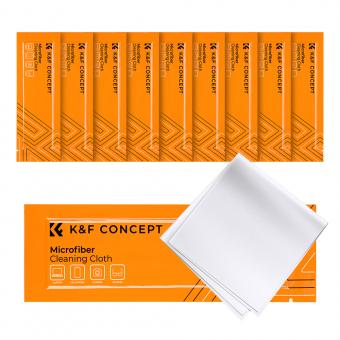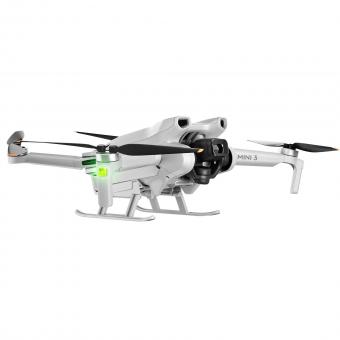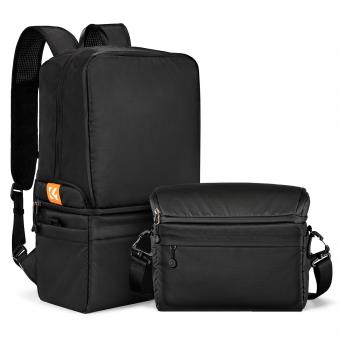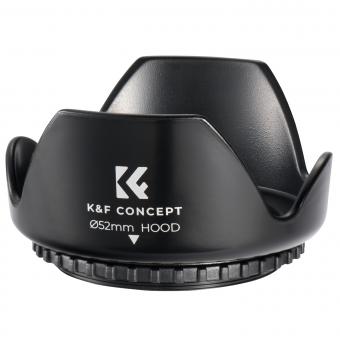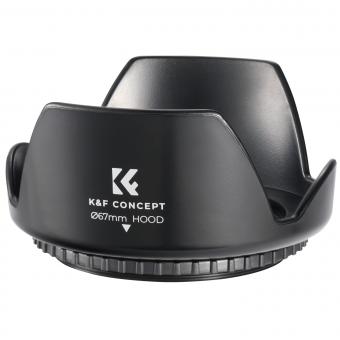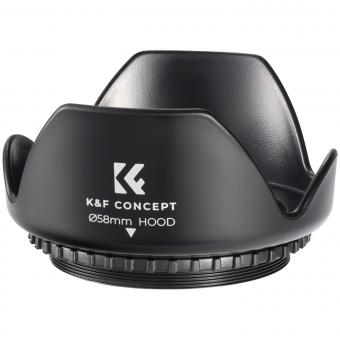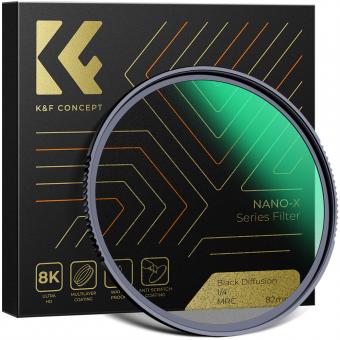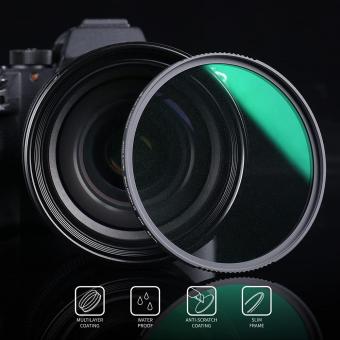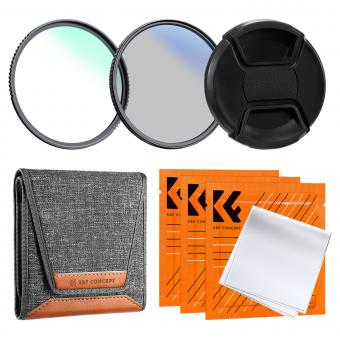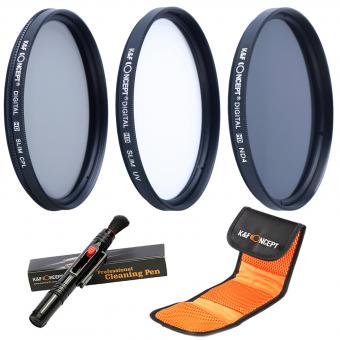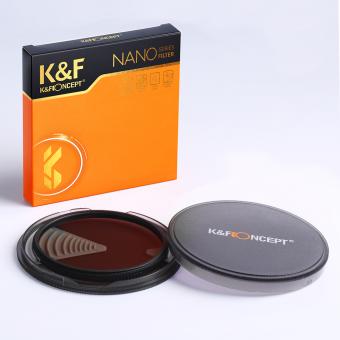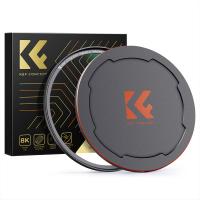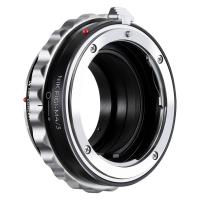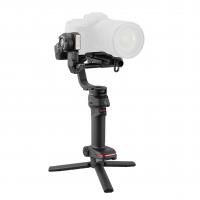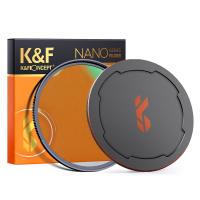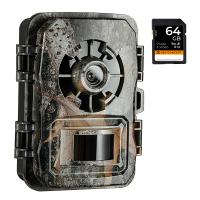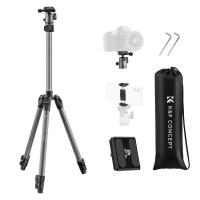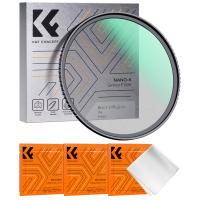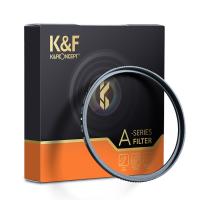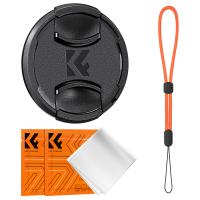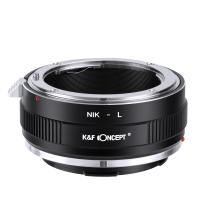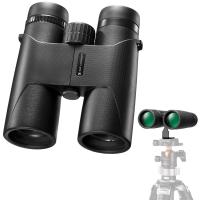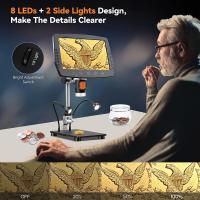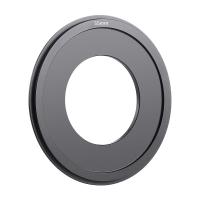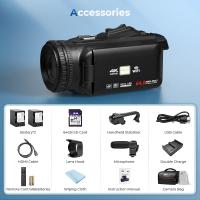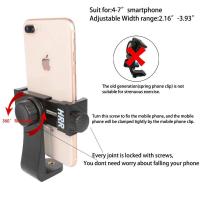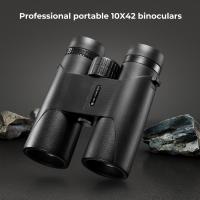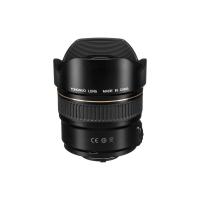When To Use A Uv Filter Photography ?
A UV filter is commonly used in photography to reduce the amount of ultraviolet light that enters the camera lens. This type of filter can help to improve the clarity and sharpness of images, particularly when shooting in bright sunlight or at high altitudes. UV filters can also help to protect the camera lens from scratches, dust, and other types of damage.
In general, it is recommended to use a UV filter when shooting outdoors in bright sunlight or in other situations where there is a high level of UV radiation. However, it is important to note that UV filters can also have some drawbacks, such as reducing the amount of light that enters the lens and potentially causing lens flare or other types of distortion. As such, it is important to weigh the benefits and drawbacks of using a UV filter in each specific shooting situation.
1、 Protection against UV rays
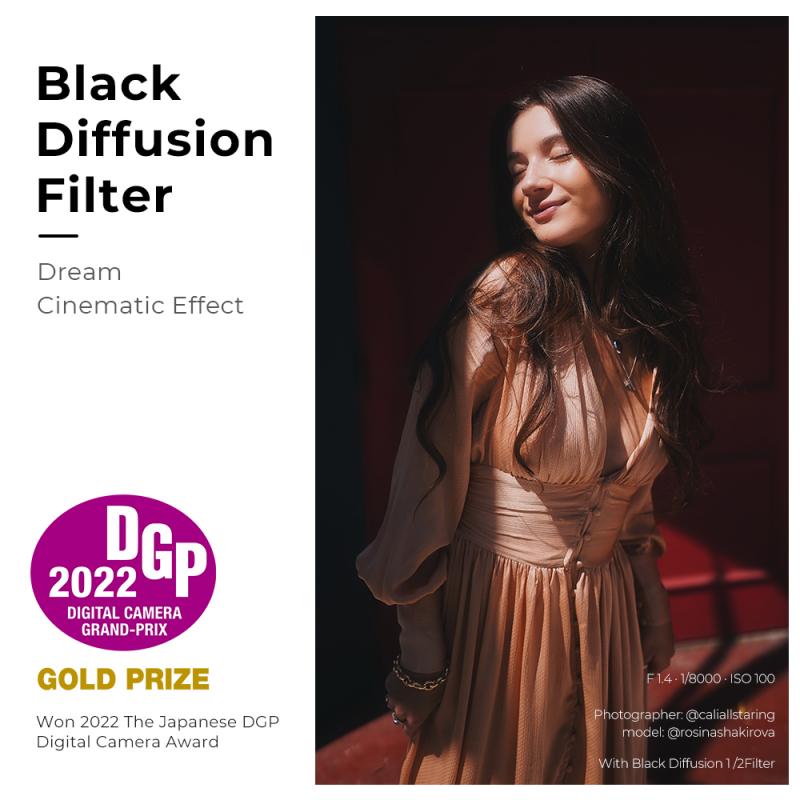
When to use a UV filter in photography? One of the primary reasons to use a UV filter is for protection against UV rays. UV rays can cause damage to your camera's sensor and lens, resulting in a loss of image quality. Additionally, UV rays can cause discoloration and fading in your photographs over time. A UV filter can help to prevent these issues by blocking out harmful UV rays.
However, there has been some debate in recent years about the necessity of using a UV filter for protection. Some photographers argue that modern camera sensors and lenses are already designed to block out UV rays, making a UV filter unnecessary. Others argue that while modern equipment may offer some protection, a UV filter can still provide an extra layer of defense against UV damage.
Ultimately, the decision to use a UV filter for protection is up to the individual photographer. If you frequently shoot in bright sunlight or other high-UV environments, a UV filter may be a wise investment. However, if you primarily shoot in low-UV conditions or with high-quality equipment, a UV filter may not be necessary.
In addition to protection, some photographers also use UV filters for their supposed ability to improve image quality. However, the effectiveness of these filters in this regard is highly debated, and many photographers prefer to rely on other methods of improving image quality, such as post-processing techniques.
2、 Reduction of haze and atmospheric interference
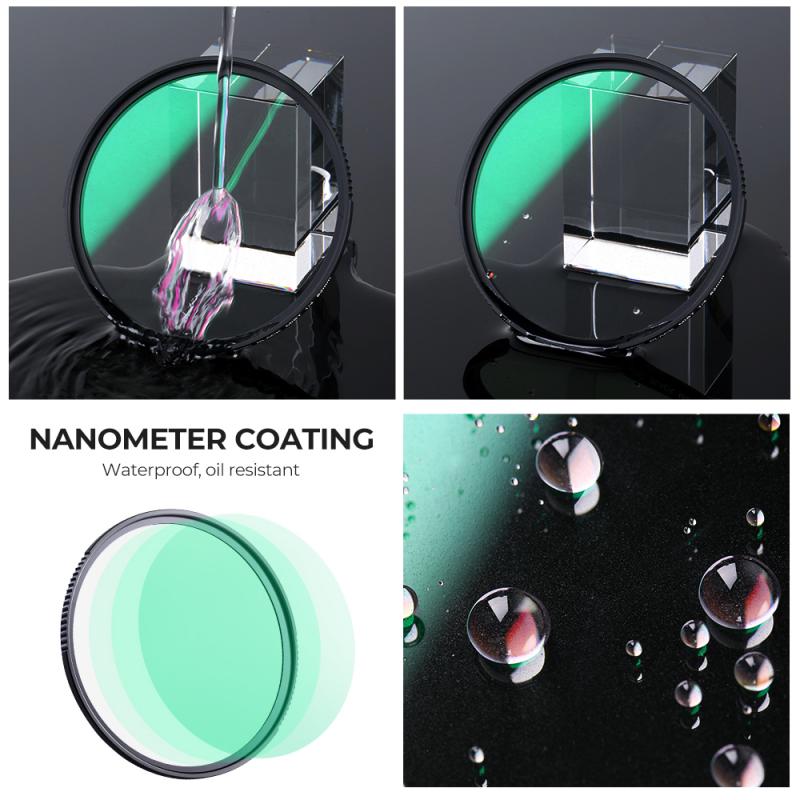
When to use a UV filter in photography? One of the primary reasons to use a UV filter is to reduce the amount of haze and atmospheric interference in your photographs. UV light is present in the atmosphere and can cause a bluish cast in your images, especially in landscapes and outdoor photography. A UV filter can help to reduce this effect and produce clearer, sharper images.
In addition to reducing haze, a UV filter can also protect your lens from scratches, dust, and other debris. This can be especially important if you are shooting in harsh environments or if you are using your camera frequently.
However, there is some debate among photographers about the effectiveness of UV filters. Some argue that modern lenses are already designed to filter out UV light, making a separate filter unnecessary. Others argue that a UV filter can actually degrade image quality by introducing additional reflections and reducing contrast.
Ultimately, the decision to use a UV filter will depend on your personal preferences and shooting style. If you frequently shoot in outdoor environments and want to reduce the amount of atmospheric interference in your images, a UV filter may be a good choice. However, if you are concerned about image quality and prefer to rely on your lens's built-in UV filtering capabilities, you may want to skip the filter altogether.
3、 Enhancement of color saturation and contrast
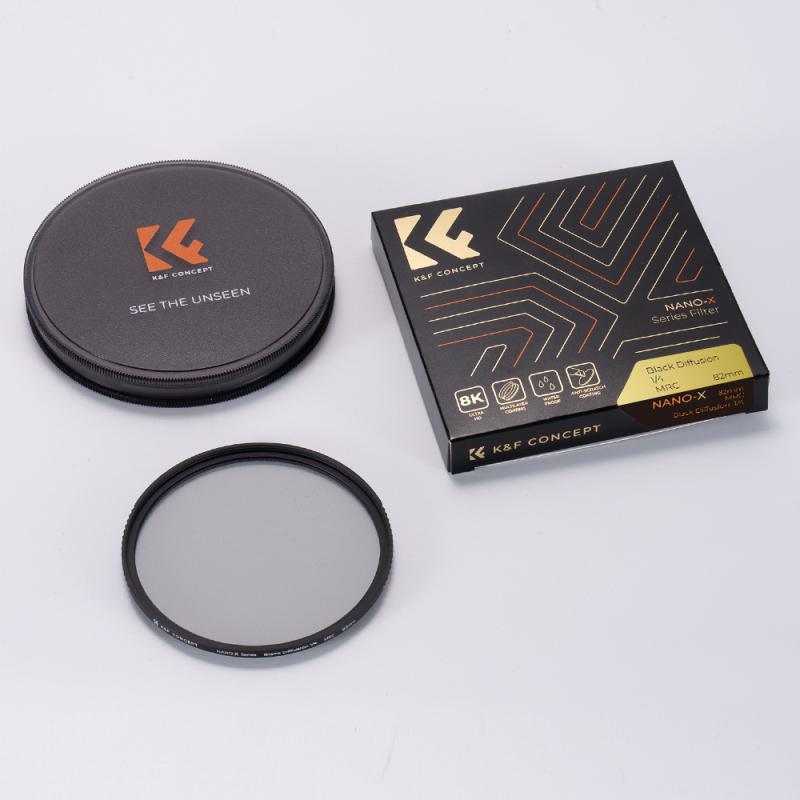
When to use a UV filter in photography? One of the primary reasons to use a UV filter is to enhance color saturation and contrast in your images. UV filters are designed to block ultraviolet light, which can cause a hazy or bluish cast in your photos, especially in outdoor or high-altitude settings. By blocking this unwanted light, a UV filter can help to produce clearer, sharper, and more vibrant images.
In addition to improving color and contrast, UV filters can also provide an extra layer of protection for your camera lens. They can help to prevent scratches, dust, and other debris from damaging your lens, which can be especially important if you're shooting in harsh or dusty environments.
However, it's worth noting that some photographers argue that UV filters are not always necessary, and that they can actually degrade image quality in certain situations. For example, if you're shooting in low light or with a wide aperture, a UV filter can sometimes cause unwanted reflections or lens flare. Additionally, some high-quality lenses are already designed to block UV light, so adding a filter may not provide any additional benefits.
Ultimately, the decision to use a UV filter will depend on your personal preferences and shooting style. If you're looking to enhance color and contrast in your outdoor photos, or if you're shooting in a dusty or hazardous environment, a UV filter can be a useful tool. However, if you're shooting in low light or with a high-quality lens, you may want to consider skipping the filter altogether.
4、 Prevention of lens flare and ghosting
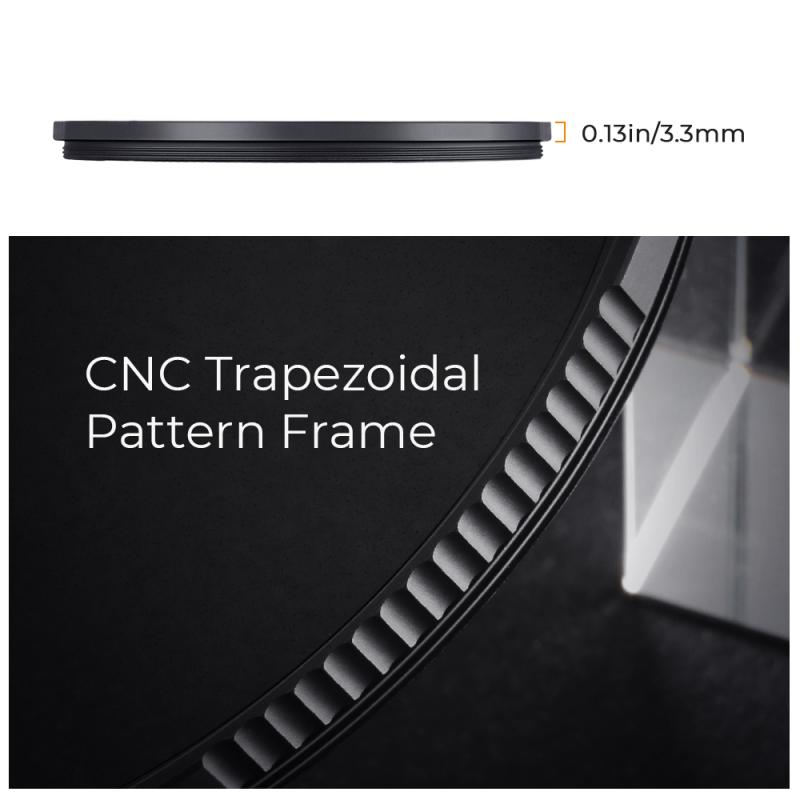
When to use a UV filter in photography? One of the primary reasons to use a UV filter is for the prevention of lens flare and ghosting. Lens flare occurs when light enters the lens and reflects off the internal elements, causing a hazy or washed-out effect in the image. Ghosting is a similar effect caused by light reflecting off the sensor and back onto the lens, creating a ghost-like image in the final photograph.
A UV filter can help prevent both of these issues by blocking out UV light, which is a common cause of lens flare and ghosting. Additionally, a UV filter can protect the lens from scratches, dust, and other debris that can damage the lens and affect image quality.
However, there is some debate among photographers about the necessity of using a UV filter. Some argue that modern lenses are already designed to minimize lens flare and ghosting, and that using a UV filter can actually reduce image quality by introducing additional reflections and reducing contrast. Others argue that the benefits of using a UV filter outweigh any potential drawbacks, especially when shooting in bright sunlight or other high-contrast situations.
Ultimately, the decision to use a UV filter will depend on the individual photographer's preferences and shooting style. Some photographers may choose to use a UV filter for added protection and peace of mind, while others may prefer to rely on their lens's built-in coatings and other features to minimize lens flare and ghosting.

